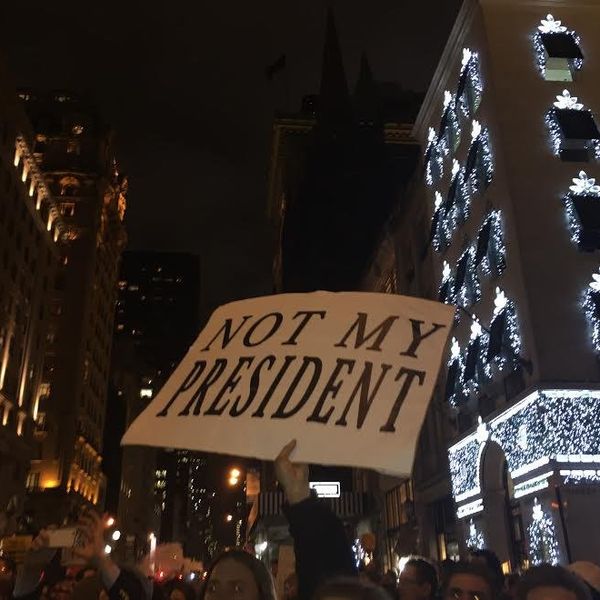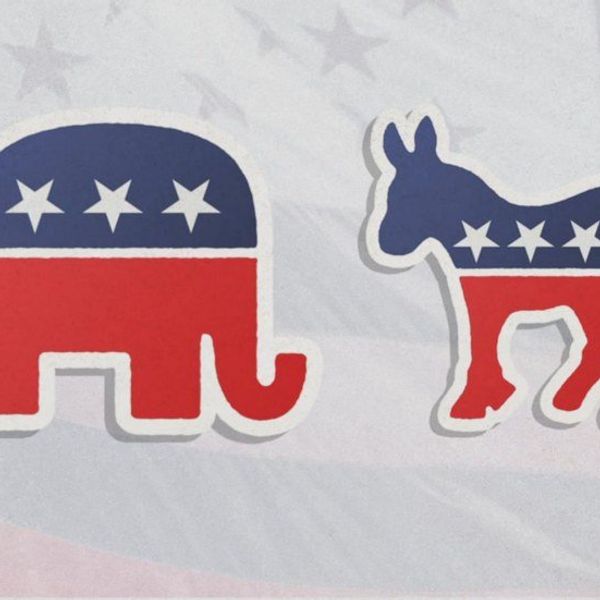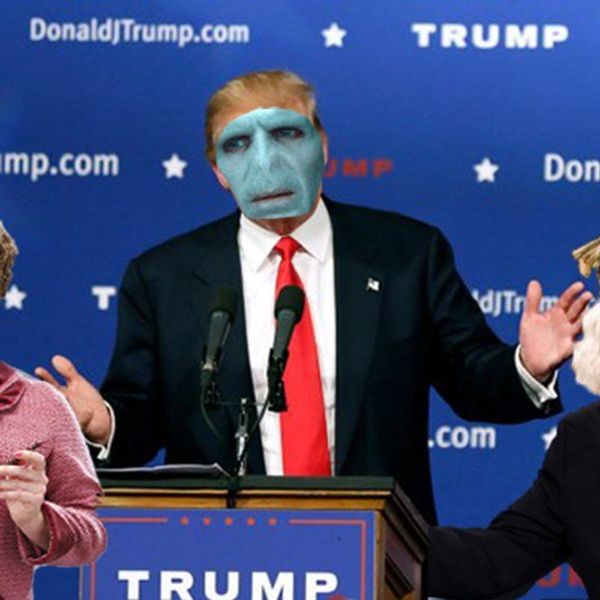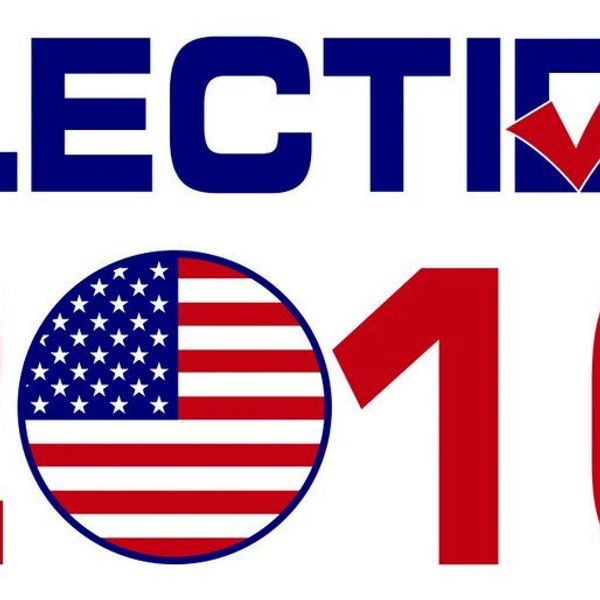As the current election cycle has ended, Donald Trump has emerged as the victor in the presidential race, leaving many people, specifically Hillary Clinton supporters, upset with the result. This anger has only been amplified by the fact that Clinton actually won the popular vote over Trump, while Trump still emerged as the victor as a result of the electoral vote. This has caused many Clinton supporters to call for the end of the electoral college system, as they don't see it as a proper representation of the will of the people. Now the question that remains to be seen, is whether or not this change will be implemented in the future.
The electoral college is system designed to prevent the government from being controlled by the majority, by enabling certain areas to gain a stronger influence in the decision of the election. For example, much of the American population is centered in a few liberal-leaning cities across the country. If the popular vote was the only decider of who won the presidency, then the people in these urban areas would easily be able to control the outcome of the election, essentially making more rural voters' votes useless. However, many people contend that the argument can go both ways, and the electoral college can essentially disenfranchise many, specifically urban, voters. For example, in the 2000 election of George Bush against Al Gore, George Bush lost the popular vote, but one the presidency because he won the electoral vote, just as Trump has just done this year. In this cases, the liberal-leaning urban areas didn't have the same effect with their votes as people in smaller states did. In this year's specific case, Clinton could have done more to gain rural voters in regions that typically lean towards the Democrats. For example, had she spent more time campaigning in places like Michigan, Wisconsin, and Pennsylvania, she may have had more success there, which would have made it easier to win the popular and electoral votes.
The debate between the popular and electoral votes could rage on forever, especially as American politics becomes more polarizing, and the likelihood of change remains minimal. Ultimately, only 4 presidents have won elections where they didn't win the popular vote, and 4 out of forty-five presidents isn't a great deal of them. Thus, the institution of the electoral college should remain after this election, but if America continues on the trend of polarization, as evidenced by the fact that this situation has occurred twice in the last 20 years, major overhaul to the system of the electoral college may be necessary.





















